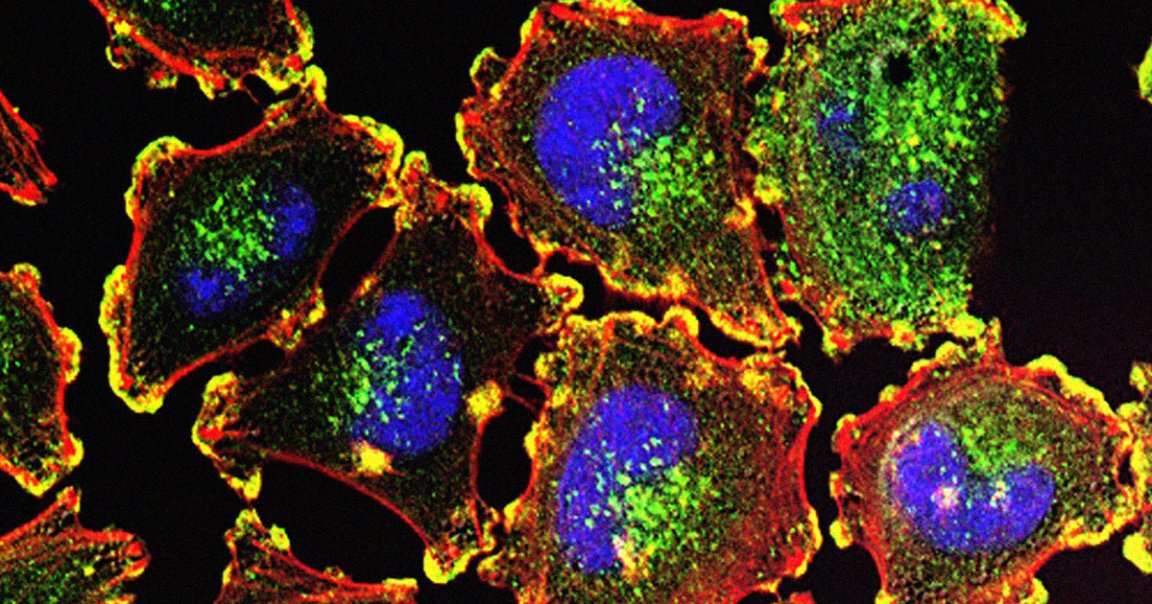
A team of researchers say they’ve designed a personalized cancer vaccine capable of inducing an immune response that fights off melanoma, the deadliest form of skin cancer, that lasts for several years.
In a study published in the journal Nature Medicine back in January, the scientists examined eight subjects who previously had their melanoma surgically removed, but were still at a high risk of recurrence.
All eight were injected with the experimental vaccine called NeoVax. The results were promising: the researchers found a vaccine-induced immune response in all patients that can “persist over years,” according to the paper.
The vaccine causes the immune system to create anti-tumor T-cells that are specific to each tumor and patient. T-cells are an important type of white blood cell that help the immune system develop long lasting immunities to inflammatory and autoimmune diseases.
“In oncology, when we find a mutation and then use a targeted therapy, oftentimes we say that’s ‘a personalized approach,'” Patrick Ott, associate professor of medicine at the Harvard Medical School and co-author, explained to the Harvard Gazette in a recent interview. “Some of the mutations we find are shared across sets of patients, but those are actually the exception.”
“Personal neoantigens — really only seen in that individual patient’s tumor — are a lot more common,” he said. “So these personalized vaccines are truly personal in the sense that they are tailored to each individual patient,” adding that “it’s not an off-the-shelf therapeutic” as a result.
Ott and his colleagues found “durability of these T-cell responses” in the current study, “which was very rewarding.”
But the study isn’t definitive proof that personalized cancer vaccines will work for everybody.
“The study was too small to make any definitive conclusion on clinical activity,” Ott told the Gazette, referring to the study’s sample size of just eight people. “Cancer vaccines have been around for decades, so what’s unique about these results with personal neoantigen vaccines is that the responses that we see are generally much more robust and consistent.”
The team is now looking into making changes to the vaccines to test them on a variety of different tumor types and stages.
Ott said that it will be at least “a few years” until personalized vaccines will be used in patients, noting that several challenges will still need to be overcome, including the time and money involved in manufacturing the vaccines.
But he’s hopeful.
“With the right technology and scaling, tumors can be sequenced and neoantigen targets can be identified, and the vaccines can then be manufactured within a few days instead of weeks,” he told the Gazette.